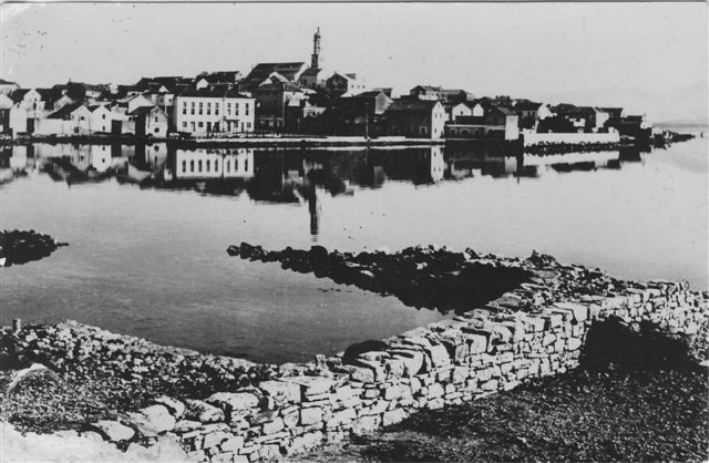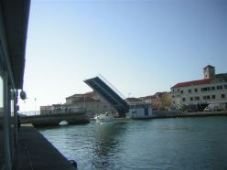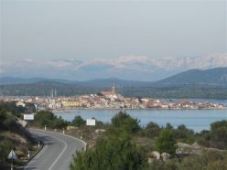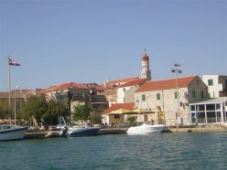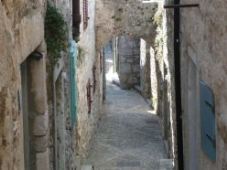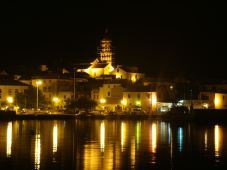Betina, island Murter
According to the legend, the name “Betina” comes from the ancient Celtic word “bet” which means “mouth”, a picturesque description of the Betina port. And indeed, when you approach Betina from the sea, the peninsula resembles an amphitheatre of stone houses with soft lips protecting the little fishing boats from the violence of the jealous sea.
Of all the islands of the Archepelago of Šibenik, Murter is the largest and the closest to the mainland. The Illyrian tribe Liburni inhabited it in prehistoric times. Its continuity was maintained during the Roman era, as witnessed by the remains of the Roman town Colentum, between Betina and Murter, and by numerous fragments of Roman summer residences, frescoes and mosaics throughout the island and the surrounding coast. The Croatian name Srimac was mentioned in the year 1251 when the Hungarian-Croatian king Bela delineated the borders of the community of Šibenik. At that time, there were only two large villages on the island: Veliko Selo (today’s Murter) and Jezera. Betina and Tisno were founded later when the local inhabitants fled the Turkish invaders. All of these villages are now linked by asphalt roads.
Most of the island is covered by century-old olive and fig trees, the traditional local vegetation of the region. Dinko Zavorović, a Šibenik historian, wrote in 1597 that the island was well-cultivated due to its hard-working inhabitants and that high-quality wine was produced. Apart from tilling the land, the local population lived from fishing and animal husbandry. Nowadays, the extraordinary natural beauty of the island has motored a flourishing tourist industry.
Slanice, Kosirina, Lovišće are only a few of the beautiful sand and rock bays which, linked by a white lacework of stone, turn the island into a virtual pearl necklace of natural beauty. Lush Mediterranean flora, sun, sea and refreshing sea breezes from nearby national park Kornati will awaken and satisfy your longing for a perfect synthesis of unspoilt nature and civilisation at the edge of a primeval sea. The longing for the unknown…the longing for the unlimited…the longing for freedom….
